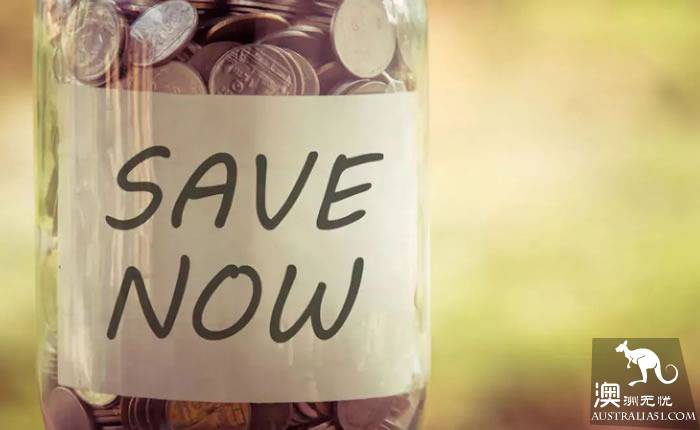In the view of consumption, most Chinese have a strong sense of crisis, and tend to prepare ahead of time and get used to saving money. On the contrary, many Australians, despite renting their homes, still owe a large amount of credit card money to their savings, but they are still chic. Australians are born to dislike saving money. Why are they so chic?

In Australia, for example, housing prices range from 25 to three hundred and fifty thousand, and if they are Chinese, they may be available in five years, but some Australians need 30 years or more.
A weekly salary must be paid in Australia, or many people will have no money to eat before the end of the month. Australian restaurant business usually begins to decline on Wednesday, the worst on Thursday, and starts well on Friday until next Wednesday or so.
As for food, many Chinese don't have to spend too much on it, usually less than A $100 a week. But Australians can buy more than A $300 in a single trip to the supermarket, of course a lot of junk food, making Australia the most overweight country in the world.
When it comes to emergency deposits, 1/5 of Australians believe A $1000 is enough for emergency funds, but experts suggest Australians should save more money for emergencies.
Now, many families have to fight soaring living costs and abnormally high debt. According to the Western Pacific Bank's (Westpac) survey, 46 percent of households have an emergency reserve of A $5000 or less.
Australian household debt has grown much faster than household income over the past three decades, the bank said.
Western Pacific Bank (Westpac) surveyed 2000 Australians and found that 20 percent thought A $1000 or less was enough for an emergency, and 14 percent said a $5000 home response would be enough.
Chris Browne, managing director of Rising Tide Financial Services, a financial services firm, says the amount of emergency reserve you need to store reflects a person's level of anxiety. Normally, a family needs at least one to three months' wages as a reserve.
He said the money should be held in accounts with higher interest rates, no charges or no withholding of loans. For example, a regular account or an account that is not used for daily transactions.
In some emergency situations, such as job loss, health problems and other unpredictable problems, emergency funds can be used to meet urgent needs.
Kathryn Carpenter, head of storage at Western Pacific Bank, said the study found that 30 percent of Australians used emergency reserves before payday, mainly because of rising pressure on people's cost-of-living.
More than half said emergency reserves were spent on impulse spending, especially on holiday days.
Carpenter suggests that budget and balance-of-payments plans are important.
In addition, 41 percent said they would use a general savings account to deposit emergency reserve funds, and 35 percent would put the money into multiple accounts.
Others will deposit in a loan withholding account or a term account. However, many savings accounts have very low interest rates, ranging from 1% to 2%.
Studies have shown that the most successful way to save emergency funds is to deposit money in less-used bank accounts (32%) and to spend less on food every week (30%). And limit the use of bank account funds (28%) and so on.
END
For Australians, free medical care, unemployment benefits, childcare benefits and other benefits are complete, life is to enjoy the present. In contrast, Chinese prefer to save money and save money. This is in large part because Australians who know the Australian welfare system have more sense of security than Chinese.